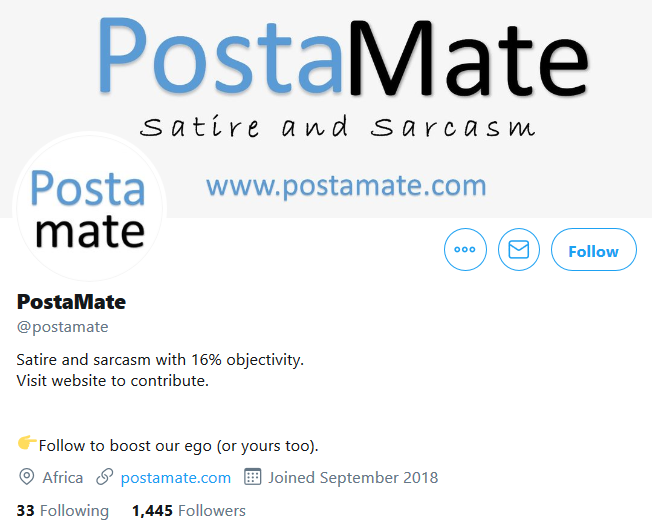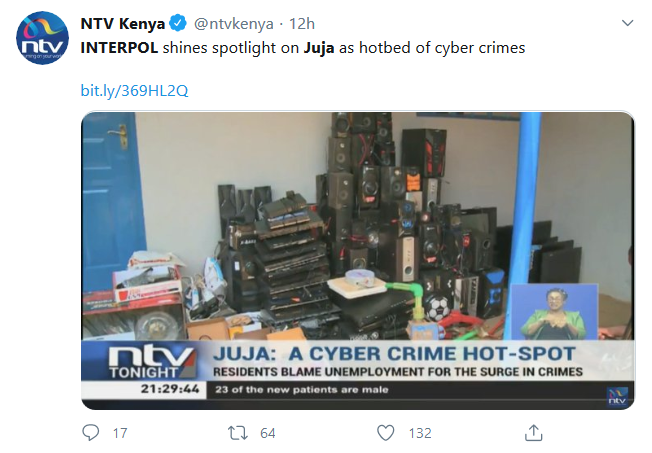Is Juja a Global Cybercrime Hotspot?

Where did the story of Juja being a global cybercrime hotspot come from?
The answer lies in a satirical news website called PostaMate. The stories presented there are fictional, but unfortunately, many people believe that what you read on the internet is always true. PostaMate has clearly stated that what they post is fictional and majorly for entertainment purpose. It aims at making fun of the society in a humorous way.
The story that was published on PostaMate.Com claimed that Juja had been named as a global cybercrime hotspot. Reading the story, one would easily tell that it is a piece of satire because that is clearly indicated on the page where it is posted. The twitter account that shared the story has also made it clear that this is all about satire.

However, confirmation bias – the tendency to search for, interpret, favor, and recall information that confirms or support one’s prior personal beliefs or values – comes into play. There is always a feeling that Kenyan University students and graduates are smart enough to run the world but idle because the country has not given them opportunities. Many people in Kenya have also been victims of cyber crime, or know someone who has, and therefore would want the story to be true.
How did the satirical story become news?
The story from PostaMate quickly made its way around WhatsApp group inform of screenshot images, without the disclaimer that it was just a piece of satire. The story was then amplified and most people who read it did not know that it was just a piece of satire. To make matters worse, a few days before, the DCI had arrested some students and a bank employee in Juja who were suspected of running a cybercrime syndicate. The story confirmed what had been in people’s minds.
But then, a major news outlet fanned the story. NTV picked up the story and therefore confirmed the rumor. The story had been changed, and now confirmed by a ‘trusted’ news source. A new truth was made.

That is how a story meant to entertain is turned into news.
The moral of this story is that not everything you read online is true.

